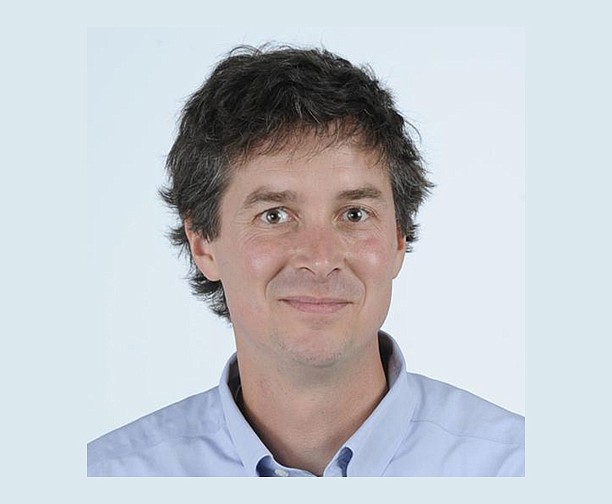GOT QUESTIONS?Still undecided about which candidate to support or what the proposed amendments to the Tennessee Constitution mean?For more information about what is on the ballot, go to www.timesfreepress.com/voterguide before you head to the polls today.Polls are open from 8 a.m. to 8 p.m. in Tennessee and 7 a.m to 7 p.m. in Georgia.
Each election, I vote. And each election, I care less and less for it.
Why?
Like Charlie Brown, I keep falling for the same trick.
I put too much faith in voting.
It's hard not to, with all the white-knuckle politics: Who'll control the House? Will abortion be regulated? Will we be able to buy wine with our dog food?
But when I'm honest with myself, Voting Day tastes plastic, something we doll up and call democracy but on closer look is just sequins and paper trumpets. I vote, then sigh: There has to be something more than this.
Don't you feel it, too?
Yes, I remember what the civics teacher told us -- voting is the foundation of a democracy -- but I don't believe it anymore.
The foundation of a democracy isn't voting, but rather an active, engaged and thoughtful citizenry who see voting as a chore -- like cleaning the gutters -- and one of 10,000 other things on their civic honey-do-list.
Yet Voting Day is a good seducer, teasing us into thinking this one day is all it takes. Just vote, and you've done your part.
Through this mindset, voting becomes the pinnacle of democracy, when really it's the first floor. By magnifying the importance of one day's worth of voting, we relax ourselves of responsibility the other 364.
This shadow side of Voting Day is a pass-the-buck abdication of responsibility, from us via the ballot to politicians. When we vote, our subconscious is tempted to then relax, thinking that we are no longer part of the work: We voted. Now, it's their problem. We wash our hands of it.
Representative government is not always the bees' knees.
"The instant a people allows itself to be represented it loses its freedom," Rousseau said.
Don't you sense this too, somewhere in your bones? With each ballot cast, something powerful leaks out of us. We lose our sense of independence, autonomy and conscience. Nay, we give it away, allowing someone else to now make decisions on our behalf.
"Must the citizen ever for a moment, or in the least degree, resign his conscience to the legislator?" Thoreau wrote.
Voting doesn't empower us; it empowers Washington.
We need something stronger than this.
We need each other.
"Effective dictatorships require great leaders," political theorist Benjamin Barber writes. "Effective democracies need great citizens."
In "Strong Democracy," Barber articulates the difference between thin democracy (voting, and not much else) and strong democracy (voting, and everything else.)
Thin democracy is a McDemocracy, and one always run by politicians. Thin democracy likes TV talk shows, national crises and standardized testing, each of which keep the citizen in a state of passivity and semi-fear.
Strong democracy is always rooted with citizens, who assert themselves as the central authority in all things.
Neighborhood democracy, Barber calls it.
"Strong democracy urges that we take ourselves seriously as citizens," Barber writes.
Strong democracy is PTA meetings and letting teachers teach. Real dialogue into the night instead of talk show absurdism. Protesting, like the four Chattanoogans who committed civil disobedience two weeks ago. Volunteering, like the man I see on the weekends picking up trash on the side of the road (or like the thousands of you who do things similar).
It's citizens choosing the priorities and budgets, what gets funded for their neighborhoods. It's active decision-making, and referendum questions that contain more than the standard yes-no choice.
"Citizens would be offered a more varied and searching set of choices capable of eliciting more nuanced and thoughtful responses," Barber writes.
It's a fight and struggle, a love affair with real liberty, not the snake oil they're peddling.
Strong democracy is whatever must happen for citizens to find themselves in the center of our political solar system, not the outer rings.
And yes, it's voting, but then remembering voting for what it is.
"The least significant act of citizenship in a democracy," Barber writes.
Contact David Cook at dcook@timesfreepress.com or 423-757-6329. Follow him on Facebook and Twitter at DavidCookTFP.

